Discover the Best Filter for Air Purifier: A Comprehensive Guide
When I first decided to buy an air purifier, I thought it would be easy. But boy, was I wrong! The moment I started researching, I was plunged into the world of filters, each with its pros and cons, and I realized that it’s the filter that does all the hard work. Picking the ‘best’ one felt like a Herculean task!
Worried about making the right choice, too? Fear not. In this article, I will share what I’ve learned, outlining the best filter for air purifier to help you make the best decision for you. Let’s get started!
2. Each filter has pros and cons and is ideal for different types of pollution.
3. Choosing the best filter type is mainly based on your specific needs.
5 Best Air Purifier Filter Types
The heart of any air purifier is its filter, but did you know there are several different types? Each has its unique features and is suitable for different needs. In this section, I’ll introduce the top 5 air purifier filter types, according to my research, to help you make an informed choice for cleaner air.
HEPA Filters
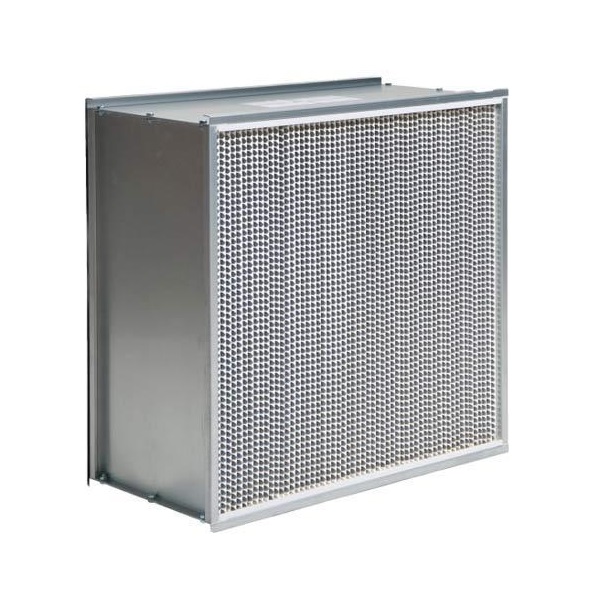
Overview: High Efficiency Particulate Air (HEPA) filters are one of the most common filters in air purifiers. They can trap 99.97% of particles that are 0.3 microns or larger, keeping out allergens like pollen, dust, and pet dander.
Pros and Cons: HEPA filters are excellent at trapping small particles but can struggle with gas and odor removal. They’re also not washable.
Best Suited For: Those who struggle with allergies or need to capture small particles, like pet dander and pollen.
Activated Carbon Filters
Overview: Activated carbon filters use tiny, absorbent pores to trap pollutants as air flows. They’re especially good at removing odors and gases that other filters might miss.
Pros and Cons: These filters excel at removing smells, smoke, and volatile organic compounds (VOCs) but aren’t great for bacteria or virus removal.
Best Suited For: Anyone living with smokers or looking for strong odor control.
Ionic Filters
Overview: These filters emit negatively charged ions that attract positively charged airborne particles, causing them to fall out of the air.
Pros and Cons: Ionic filters can remove very fine particles and operate silently. However, they don’t physically collect pollutants and may generate ozone.
Best Suited For: Those wanting quiet operation and to remove ultra-fine particles not captured by other filters.
Ultraviolet Germicidal Irradiation (UVGI) Filters
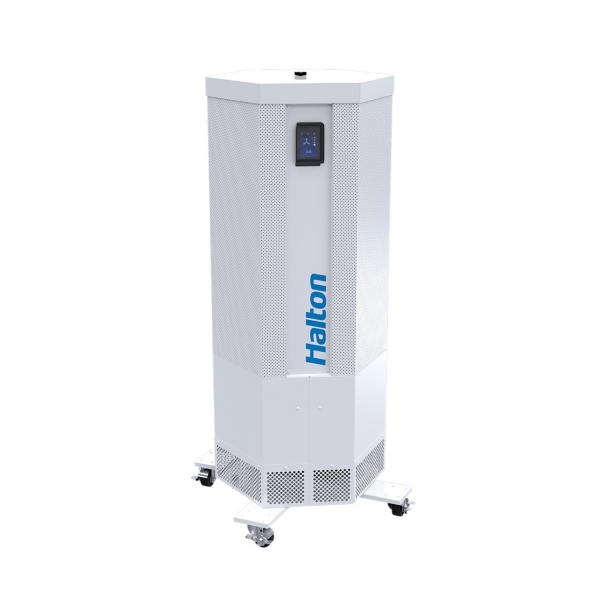
Overview: These filters use short-wavelength ultraviolet light to kill or inactivate microorganisms, including bacteria and viruses.
Pros and Cons: UVGI filters are effective against biological pollutants but have no impact on non-living particles, odors, or gases.
Best Suited For: People with a high concern for germ levels, like those with weakened immune systems.
Pre-Filters
Overview: A pre-filter is often an air purifier’s first line of defense. It captures larger particles and extends the life of the primary filter.
Pros and Cons: Pre-filters are excellent at trapping hair and larger dust particles but will not help with odors, gases, or smaller particles.
Best Suited For: Those with pets or a lot of dust in their home, as a way of improving the lifespan and efficiency of their air purifier’s primary filter.
How to Determine the Best Filter for Air Purifier
Navigating through different filter types can seem overwhelming, but don’t worry! The best filter for your air purifier will largely depend on your specific needs, the filter quality standards, and its compatibility with your air purifier model.
Specific Needs
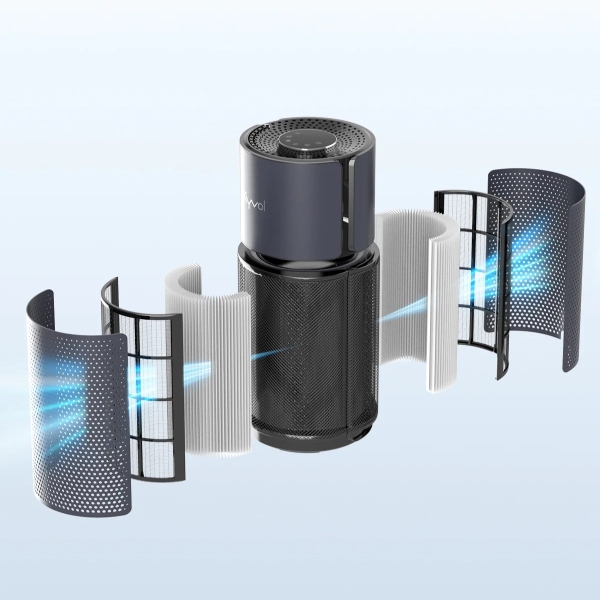
Your living environment and specific needs are crucial in determining the best filter.
- Do you have pets and need to eliminate pet dander and hair? Look for a purifier with a pre-filter or a True HEPA filter.
- Do allergies plague you? Being exceptional at trapping allergens like pollen and dust, a HEPA filter might be your best bet.
- If you’re worried about smoke, either from wildfires or indoor sources like a fireplace or kitchen, an activated carbon filter will absorb smoke and even neutralize the odor.
- Meanwhile, if you’re concerned about bacteria and viruses, an Ultraviolet Germicidal Irradiation (UVGI) filter will put your mind at ease.
Indeed, having multiple needs is expected; therefore, selecting an air purifier with a combination of filter types is often the best approach to cover a broad range of air-quality requirements.
If you’d like more in-depth information and recommendations, feel free to check out my post on the “best air purifiers in the Philippines,” where I review models featuring different filters to suit various needs.
Filter Quality Standards
Next, consider the filter’s quality standards. For instance, filters with a higher Minimum Efficiency Reporting Value (MERV) rating are better at removing smaller particles from the air.
HEPA filters, particularly those identified as True HEPA, must meet specific efficiency standards — trapping at least 99.97% of particles that are 0.3 microns or larger.
It’s important to understand these ratings and choose a filter that meets the necessary quality standards for your specific needs.
Compatibility with Your Air Purifier Model
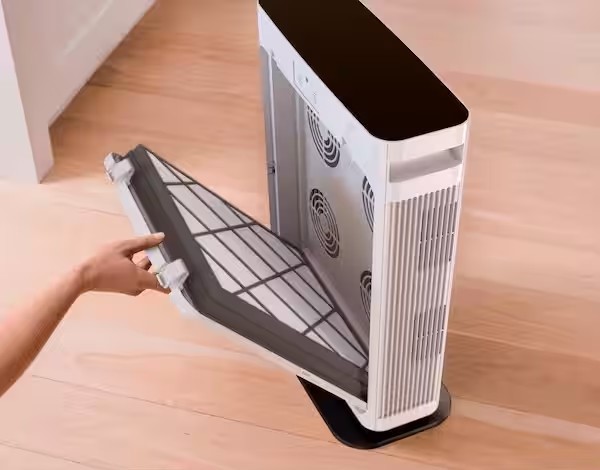
Lastly, ensure the filter is compatible with your air purifier model. Not all filters fit or work with all purifiers. The manufacturer’s guide should specify which filter models are suitable. Don’t forget to check if the purifier and the filter can handle the room size where you plan to use them.
In short, identifying the best air purifier filter isn’t a one-size-fits-all answer. It requires a clear understanding of your specific needs, awareness of filter quality standards, and a compatibility check with your air purifier. Once you’ve clarified these factors, you’ll be well on your way to breathing cleaner, healthier indoor air.
FAQs
The best filter for air purifiers depends on your specific requirements. However, HEPA filters are often recognized as an excellent option for many users due to their capability to trap at least 99.97% of particles [1].
HEPA filters are highly efficient, but H13 HEPA filters may be superior for specific uses. H13 HEPA filters remove at least 99.9% of airborne particles with a diameter of 0.1 micrometers (μm). They can capture even smaller particles than a standard or True HEPA filter.
Whether a carbon or HEPA filter is better depends on your needs. HEPA filters are great for trapping small allergens, while carbon filters excel at removing odors and gases.
Comparing MERV and HEPA filters depends on the context, as they serve different purposes. HEPA filters remove smaller particles than most MERV filters, while higher MERV ratings indicate better filtration of specific allergens [2].
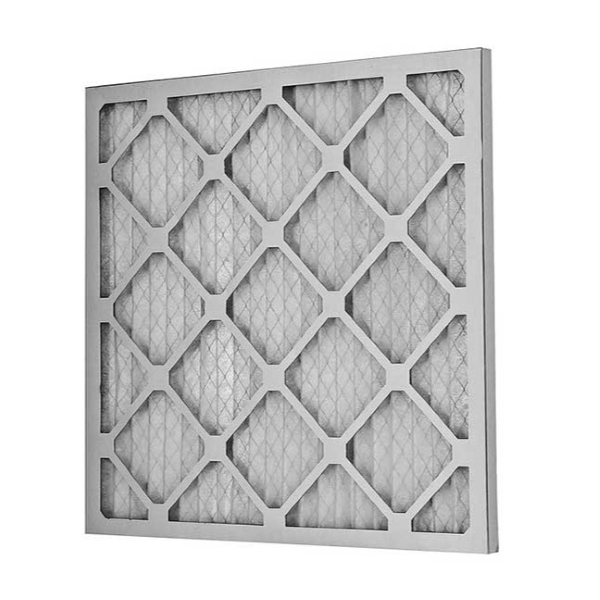
For the highest-rated filter, context matters. MERV-rated filters can range to 20 for optimal filtration. At the same time, H13 is considered one of the highest-rated options within the HEPA filter category.
True HEPA filters are considered superior to general or “HEPA-type” filters because they meet specific efficiency standards, capturing at least 99.97% of particles at least 0.3 microns.
In comparing H13 HEPA to True HEPA, H13 HEPA filters are considered superior due to their ability to capture even smaller particles than a True HEPA filter.
Regarding a carbon filter in an air purifier, if you need to remove odors, gases, or VOCs from your environment, including such a filter is beneficial.
Conclusion
In this journey, we’ve explored the various types of air purifier filters, from the standard HEPA and the advanced H13 HEPA to carbon and MERV filters. Each has its strengths and suitability for different air cleanliness requirements. Personally, discovering the unique benefits of these filters has been enlightening.
Remember, the right choice depends on your specific needs and air purifier model. Now that you’re armed with this knowledge, you’re equipped to make an informed decision. Choose wisely, breathe easy, and claim the joy of clean, fresh air in your living spaces.
Sources:
- EPA – What is a HEPA filter?
- EPA – What is a MERV rating?
Tags: How-to
Beryl, a Pharmacy graduate, combines her academic expertise with a passion for cozy homes at Hometoppicks. With 3+ years of experience in researching and testing household and home care products, Beryl manages related content at Hometoppicks. Trust in her meticulous nature and profound knowledge to provide reliable advice and product suggestions, ensuring your home remains comfortable and convenient. You can find more about her here.
